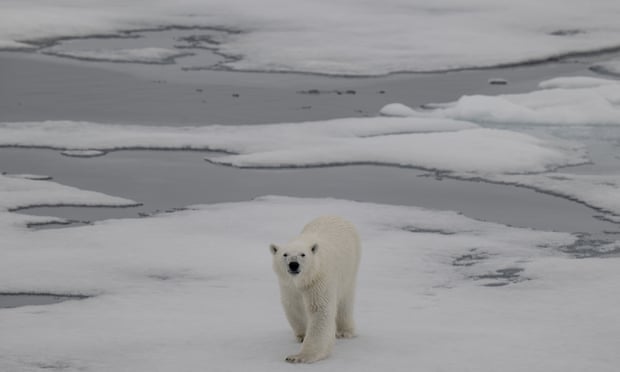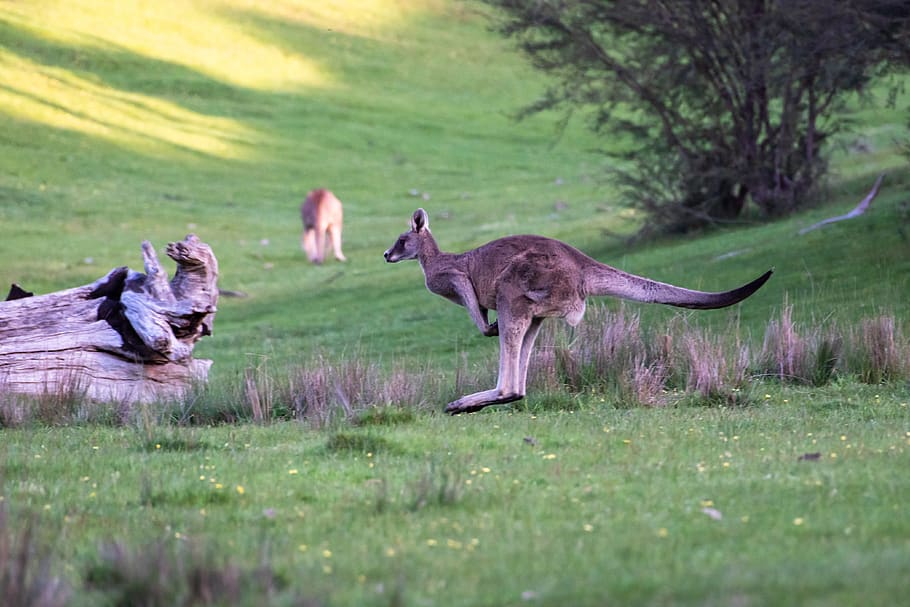Ice-free summers in Arctic possible within next decade, scientists say

Home of polar bears, seals and walruses could be mostly water for months as early as 2035 due to fossil fuel emissions
The Arctic could have summer days with practically no sea ice within the next decade due to emissions from burning fossil fuels, a study has found.
This would transform the unique habitat, home to polar bears, seals and walruses, from a “white Arctic” to a “blue Arctic” during the summer months, scientists said. The calculation used for “ice free” means less than 1m sq km, in which case the Arctic would be mostly water.
The findings, published in the journal Nature Reviews Earth & Environment, suggest the first ice-free day in the Arctic could occur more than 10 years earlier than previous projections.
The authors said consistently ice-free Septembers could be expected by 2035 to 2067. The exact year within that period is dependent on how quickly the world reduces the amount of fossil fuels burned.
…
